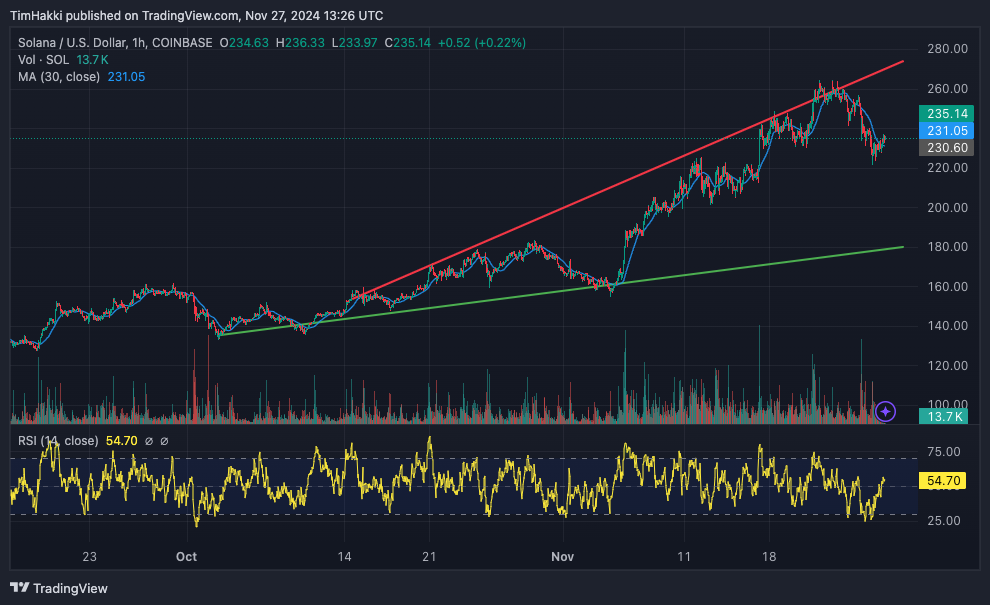Last updated:
 Why Trust Cryptonews
Why Trust Cryptonews

Australia’s ASIC said Sunday that it has been actively shutting down numerous scam websites promoting fraudulent investment opportunities, including fake trading platforms and crypto investments. Many of these scams are spread on social media, often using false endorsements from celebrities.
The regulator said it assisted in removing over 5,500 fraudulent investment sites, more than 1,000 phishing links, and 615 crypto scam websites since July 2023.
Last year, scams, mainly through fake investment trading platforms, caused an estimated $1.3b in losses. These frauds were spread using phony news and deepfake videos featuring local public figures. These websites comprised most of those that the ASIC took down.
Australians Still Losing Billions to Scams, Daily Website Shutdowns Needed, ASIC Warns
“Australians are still losing billions of dollars each year to scams,“ said ASIC deputy chair Sarah Court. “Scammers are criminals targeting the hip pockets of hard-working Australians – they don’t discriminate, and they use sophisticated techniques to steal information and money.”
She noted that on average, 20 scam investment websites are removed daily, stressing the need for swift action to protect Australians from further harm by scammers. Separately, Australian law enforcement uncovered recently discovered over 2,000 hacked crypto wallets.
The announcement comes after Australia’s competition watchdog disclosed last week that over half of the crypto ads on Meta’s platform either deceive users or violate Meta’s advertising policies.
These deceptive ads frequently misuse the images of well-known Australians like Dick Smith and James Packer. They also feature Hollywood stars such as Chris Hemsworth, Mel Gibson, Nicole Kidman, Russell Crowe, and Mike Baird.
In 2024, Australia received over 3,400 reports of investment scams, resulting in losses exceeding $78m. The competition watchdog identified around 600 ads that could potentially violate Meta’s policies. However, its current primary focus is on 234 of these ads.
The commission suspects that more instances of misleading crypto advertisements might come to light as the legal discovery progresses.





